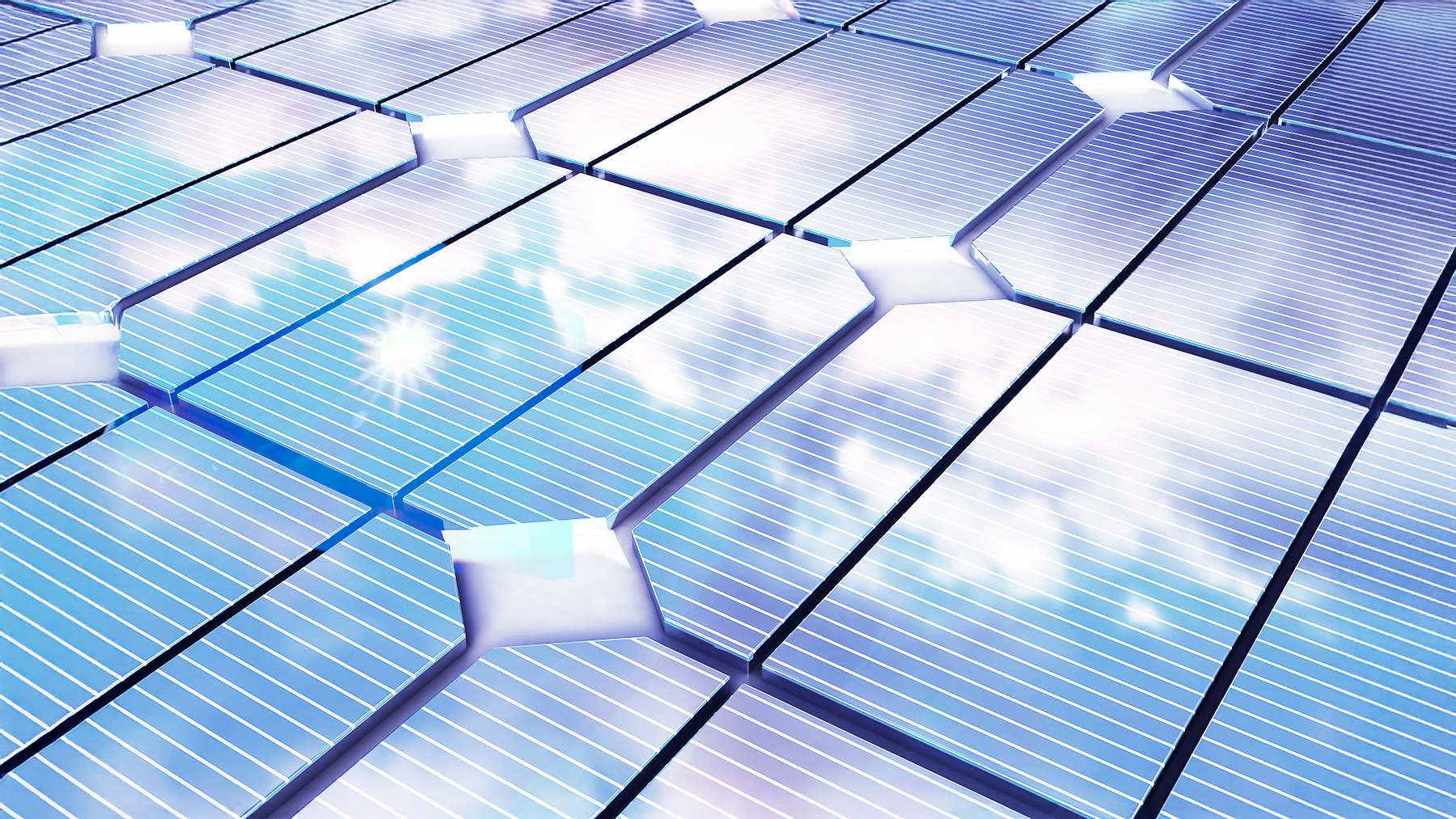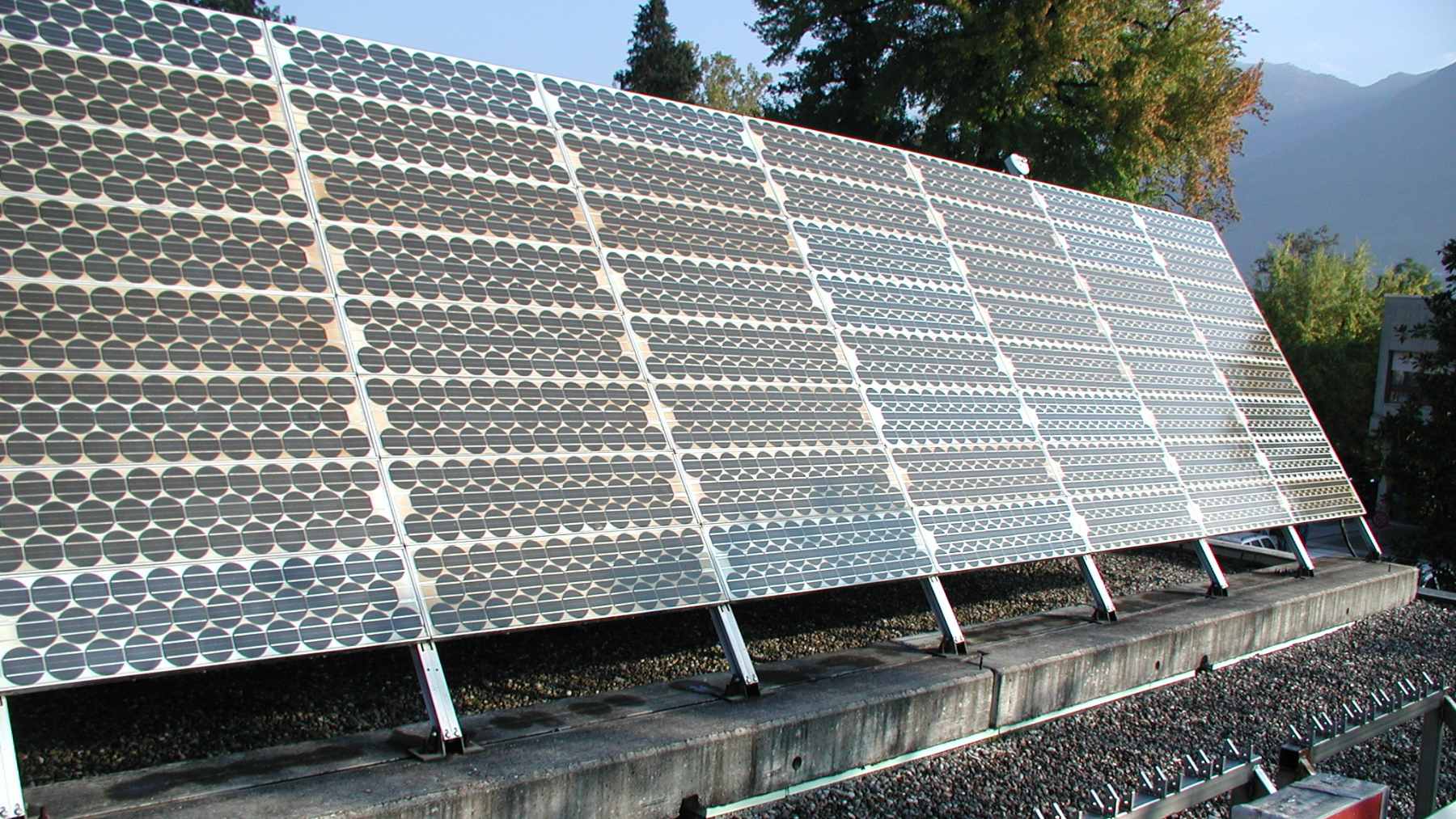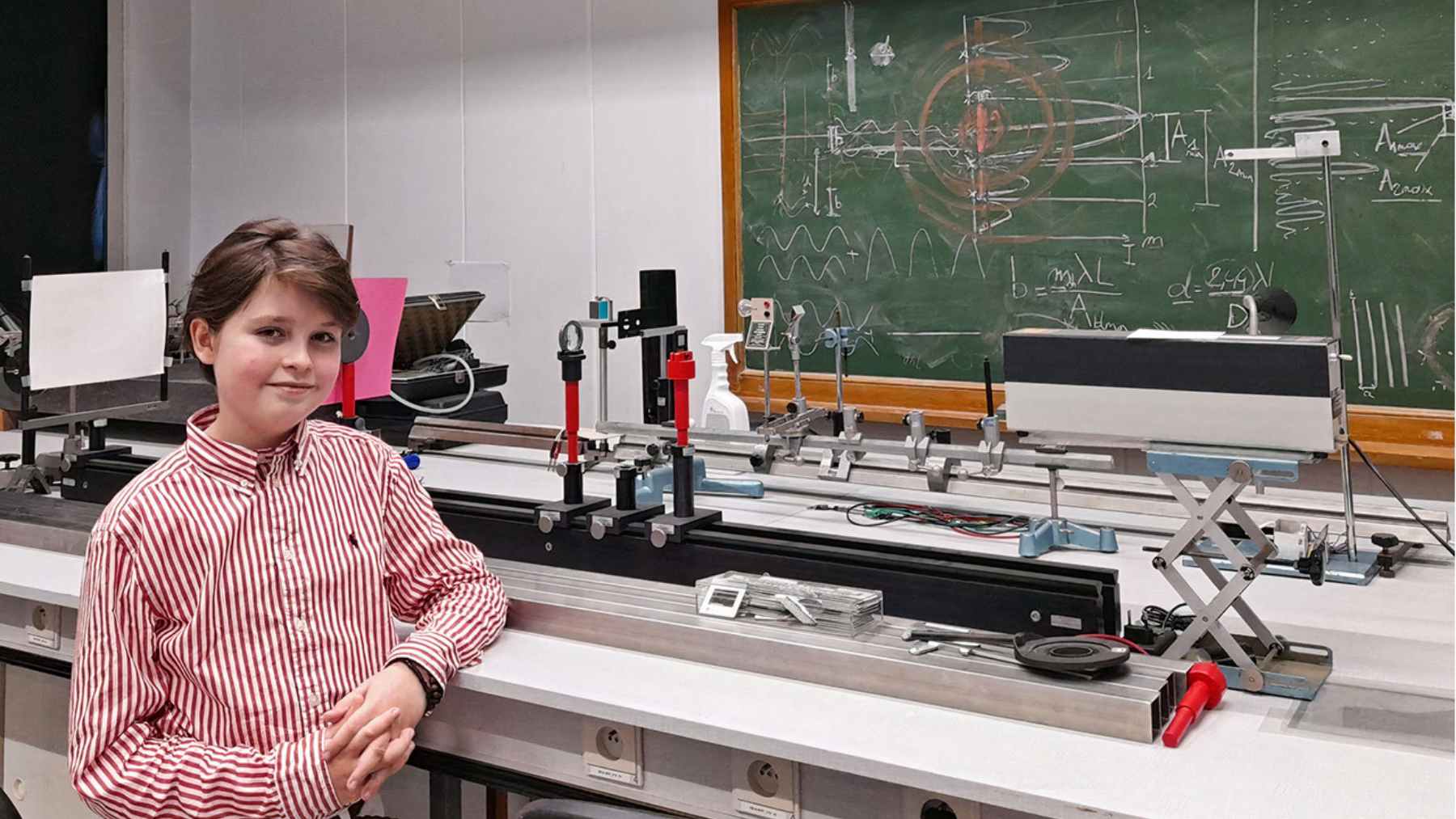Have you ever stopped to think about the limits when it comes to finding a clean, renewable, and efficient energy source? For now, there are no limits here; after all, Japan has just broken photovoltaic laws by creating the first titanium solar panel in history. In addition to the material itself shocking everyone, according to scientists, this new technology has the potential to be up to 1000 times more efficient than traditional silicon panels – as we said at the beginning, we have no limits, we are just looking for the best option.
Silicon panels have already dominated the energy revolution
Before talking about the new, we need to go back to the old and predominant material used in solar panels: silicon. And for decades, it was the dominant material in the photovoltaic industry. Largely due to its abundance and its ability to reasonably convert sunlight into electricity. However, over time, the physical limits of silicon began to prove an obstacle to meeting the planet’s growing energy demands.
And that’s exactly why Japanese scientists decided to explore titanium, which is a lightweight, corrosion-resistant metal with unique properties. And, well, the key to this innovation lies in the combination of titanium dioxide and selenium, which, when applied in specific layers in solar cells, can create a more efficient adhesion and superior energy conversion. And the first results are already surprising, because they show that this new solar cell can exponentially multiply the amount of energy generated with the same solar incidence.
It looks like the titanium solar panel is here to stay
But if titanium is so capable, why hasn’t anyone ever thought of it as an alternative to solar energy (like this most powerful solar panel ever made from a miracle material)? Well, despite titanium’s extraordinary qualities, it has always been considered cost-prohibitive due to its extraction process, which requires huge amounts of energy to remove oxygen from the ore.
However, this is about to change. This is because the team from the University of Tokyo has developed a new technique for purifying titanium using yttrium, which is a rare earth metal common in technologies such as LEDs and superconductors. In other words, with this development, they will be able to reduce the oxygen content in titanium to just 0.02%, creating a solid and much cheaper alloy. According to Toru H. Okabe, one of the main authors of the study:
“The industry mass produces metallic iron and aluminum, but not metallic titanium, due to the cost of removing oxygen from the ore. We use an innovative technology based on rare earth metals that removes oxygen from titanium to 0.02% by mass”
The challenges of titanium solar panels
However, as everything has its drawbacks, this great innovation brings benefits and also risks. So much so that the main concern is the contamination of the titanium alloy with up to 1% yttrium. Why? Well, this can compromise its corrosion resistance and longevity in extreme environments, which would be critical in aerospace applications, for example. That is why researchers are already working on alternatives and process adjustments to maintain cost savings without compromising the quality of the final material.
In any case, the potential of this technology has already been attracting global interest, and several sectors are closely following its development. After all, in addition to solar energy, the reduction in titanium costs could drive a new wave of innovation in areas such as batteries, electronic components, medical prosthetics, and much more. Well, it seems that this could be the end of silicon solar panels, one example being this transparent one, thinner than a strand of hair.
Disclaimer: Our coverage of events affecting companies is purely informative and descriptive. Under no circumstances does it seek to promote an opinion or create a trend, nor can it be taken as investment advice or a recommendation of any kind.














